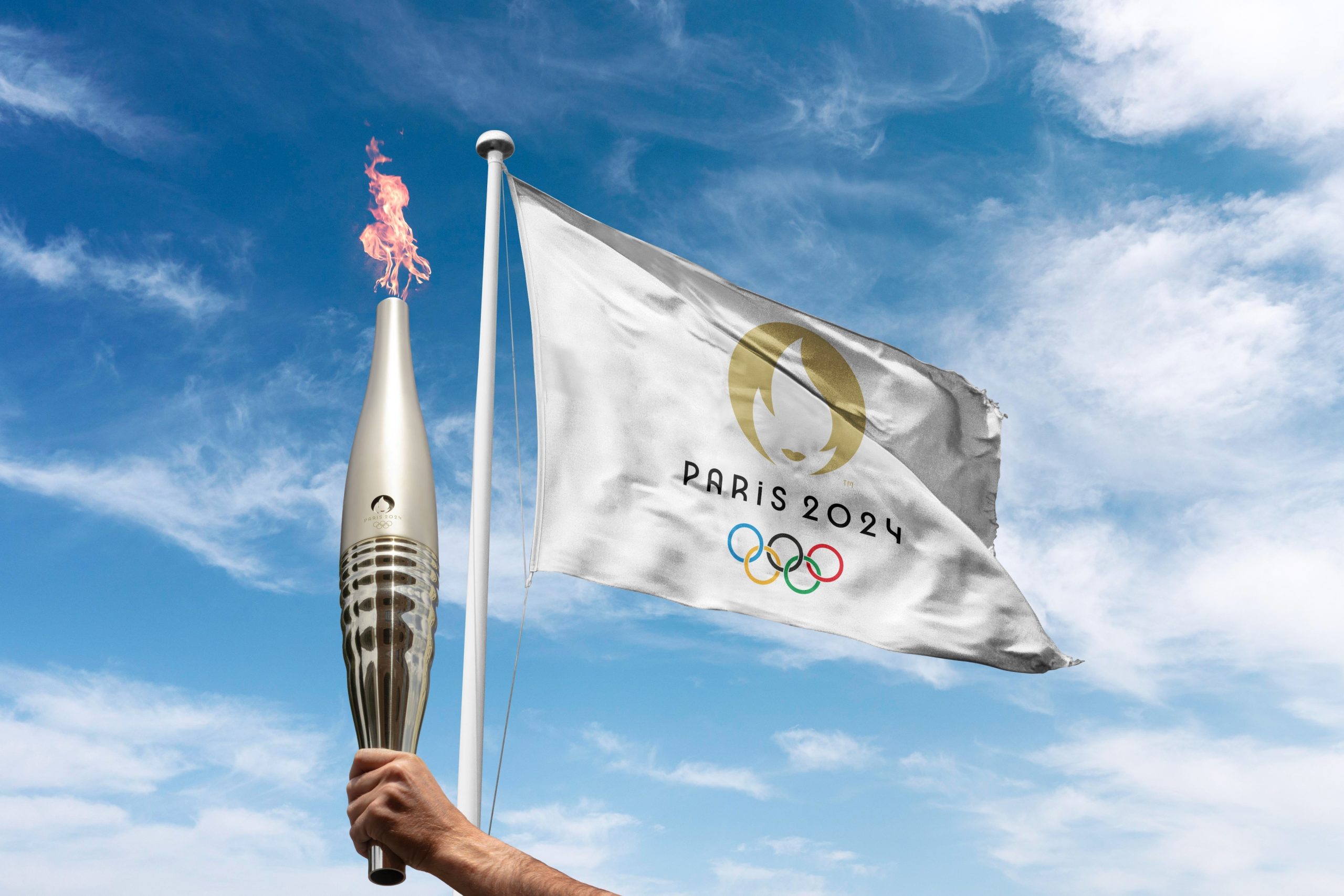
Last month, just before the Paris Olympic Games kicked off, the US Olympic and Paralympic Committee (USOPC) exercised its rights in suing Prime Drinks over its use of the trade marks OLYMPIC, OLYMPIAN, TEAM USA, and GOING FOR GOLD in relation to their special edition “Kevin Durant” (three-time Olympic gold-winning basketball player) product.
It is notable how quickly the USOPC acted in this case, and this may be related to the special status that the Olympic properties (which include the Olympic symbol – the five interlaced rings – and the identification “Olympic Games”) have in the IP world. The Olympic properties are protected internationally by trade marks and other rights by the International Olympic Committee (IOC) and the various National Olympic Committees (NOCs). For example, in the UK, trade mark number WO0000001527944 is a registration for this year’s Paris 2024 Olympic logo and trade mark number UK00902970366 is a registration for the Olympic symbol, both trade marks owned by the IOC.
In addition to this, The Olympic Charter (Bye-law 1.2 to rules 7-14) requires NOCs – such as the USOPC – “to prohibit any use of any Olympic properties which would be contrary to such Rules or their Bye-laws”. Further, the Olympic symbol is covered by the Nairobi Treaty on the Protection of the Olympic Symbol. This treaty requires all states party to it to oblige to protect the Olympic symbol from commercial use without authorisation from the IOC.
A number of states, particularly those that have hosted Olympic Games in the past, have adopted further legislation protecting the Olympic properties and giving the IOC and the respective NOC the exclusive right to exploit some of the Olympic properties in these territories. In the UK for example (which is not a party to the Nairobi Treaty), this is achieved via the Olympic Symbol etc. (Protection) Act 1995. In the US (which is also not a party to the Nairobi Treaty), this is achieved via the Ted Stevens Olympic and Amateur Sports Act, 36 U.S.C. § 220506. Indeed, the USOPC invoked this act in suing Prime Drinks.
In order to use Olympic trade marks one must therefore obtain a licence either from the IOC or a relevant NOC. For example, the USOPC has an agreement with Coca-Cola that allows it exclusive use of Olympic trade marks, including OLYMPIC and TEAM USA for beverages in the United States.
In short, the Prime example is a timely reminder that businesses should be aware that they cannot freely use trade marks associated with the Olympics. If you would like to discuss any of the issues in this article, or if you have any questions about trade mark protection, please email us at gje@gje.com.


